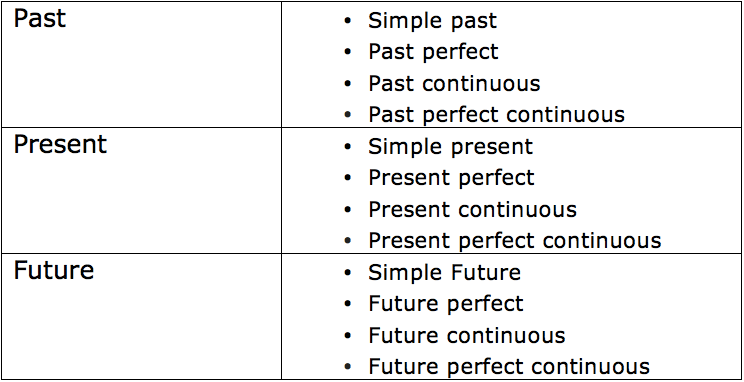Understanding grammar on the IELTS is vital because your grammar will be evaluated separately in the speaking and writing section. Your ability to understand listening and reading materials also depends on how much grammar you know. Then what kind of grammar is in the IELTS? This is a question from many students. Unfortunately, I have to say almost every kind of grammar is likely to be included in the test. Don’t worry! Here is a list of basic grammar points that you can prepare for the test!
Words
Word has different forms and plays different roles in a sentence. According to the function, words can be categorized into eight parts of speech. We have nouns, verbs, pronouns, adjectives, adverbs, prepositions, conjunctions and interjections. You need to know their meaning and how they work in a sentence.
Articles
The three articles in English is the, a and an. We call the the definite article and a/an the indefinite article. Articles are a little bit difficult for some students to acquire because some languages don’t have this kind of grammar. However, there are certain rules that you can follow. Check out the link and find out how to use them correctly!
Tenses
Tenses are used to express time reference. We use different tenses to show the past, the present and the future. Here is a chart of tenses that you may meet in the IELTS test!
Voices
There are two voices in English: active voice and passive voice. In the active voice, the subject is the do-er. In the passive voice, something is done to the subject. Find out more explanations and examples in the link!
Sentences
We have three different sentence structures in English: simple sentence, compound sentence and complex sentence. A simple sentence has only one clause while a compound sentences has two or more clauses. Complex sentences are constructed by a main clause and at least one subordinating clause. Check out our how to understand long sentences to help you with the test!
Direct and Indirect Speech
Direct speech repeats the exact words with quotation marks (“”) while indirect speech may change the tense of the words and has reporting verbs such as say and tell. Check out the direct and indirect speech to learn more about it!
Punctuation
Punctuation is important for structuring and organizing your writing because wrong punctuations may result in run-on sentences and cause misunderstanding of your words. In English, we have the period (.), the comma(,), the exclamation mark (!), the colon(:), the semi-colon(;), the question mark(?), the apostrophe(’), the hyphen and dash(–)and the brackets and parentheses( [ ],()).







Leave a Reply